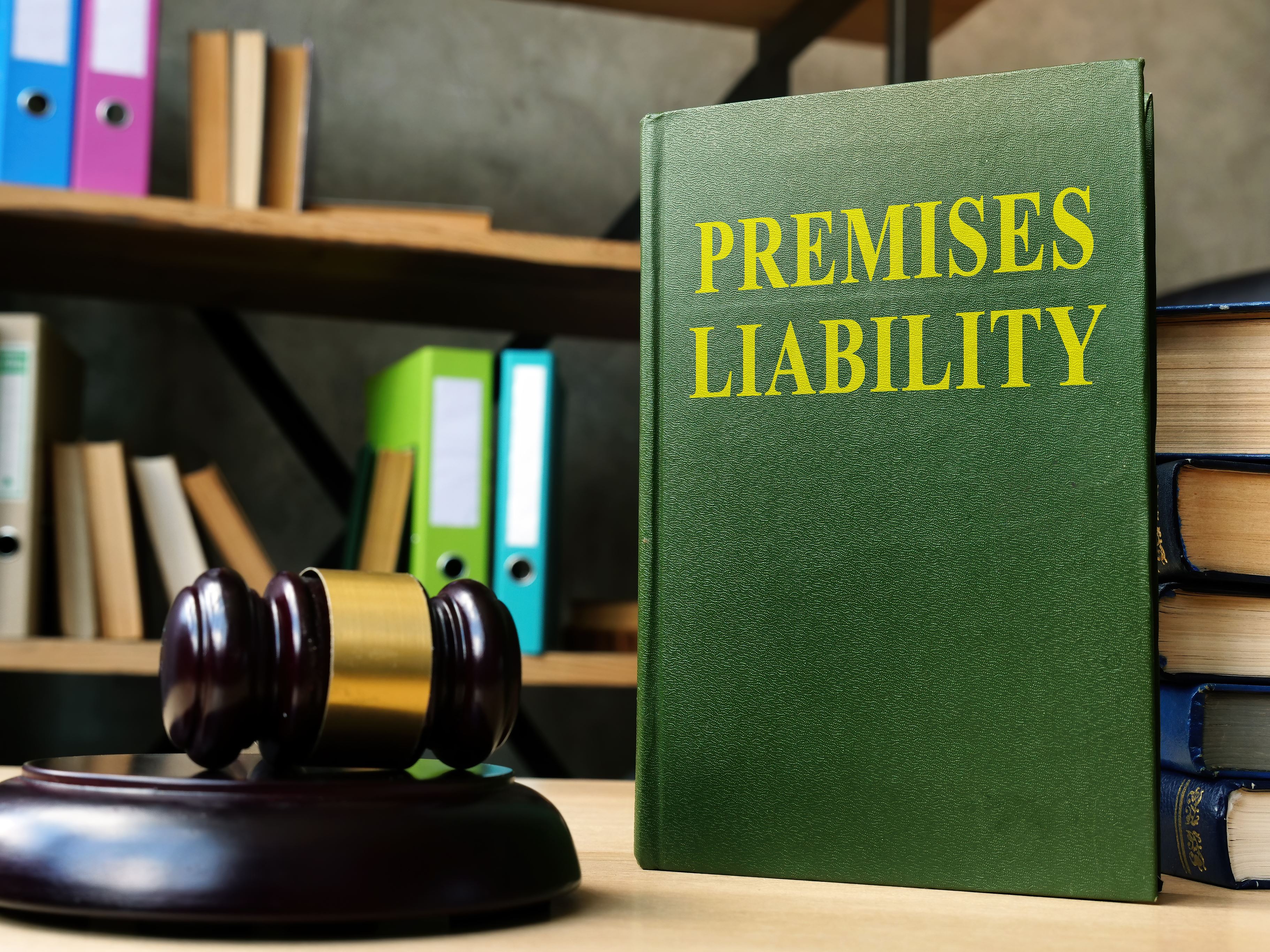Every day, people are unknowingly exposed to countless situations where an accident can occur due to someone else's negligence, leading to a premises liability claim. These claims often arise from injuries sustained at commercial properties, private homes, or public spaces.
Factors That Increase Risk of Injury
Wet Surfaces
Imagine walking through your favorite grocery store, lost in thought about the evening's dinner plans, when suddenly your feet slip from under you, and you're on the ground. This scenario is far from rare; wet and slippery surfaces are among the top culprits in slip-and-fall accidents. These hazards are pervasive in commercial settings, whether it's a freshly mopped floor without a warning sign, a spill that's gone unnoticed, or a slick entranceway during a rainstorm. Supermarkets and shopping malls are hotspots for such incidents, with legal cases and insurance claims painting a vivid picture of their prevalence. Statistics from the National Floor Safety Institute (NFSI) suggest that slip and falls account for over 8 million hospital emergency room visits annually, a significant portion of which occur in these commercial environments.
Uneven Flooring and Defective Sidewalks
Another environmental hazard that often goes under the radar is the seemingly innocuous uneven flooring or the treacherous cracked sidewalk. These defects can be the difference between a pleasant walk and a painful trip to the hospital. Uneven floor tiles, unexpected steps, potholes, and cracked concrete are not just eyesores; they're accidents waiting to happen. Building codes exist for a reason, and they emphasize the importance of proper maintenance to ensure public safety. However, the responsibility to fix these issues often falls into a gray area, leading to prolonged hazards.
Negligence
Negligence plays a significant role in premises liability injuries. When property owners or managers fail to maintain a safe environment, their disregard can lead to accidents and injuries. This could be by neglecting regular inspections, ignoring necessary repairs, or not addressing known hazards promptly. For instance, if a property owner is aware of a loose handrail on a staircase and fails to fix it, leading to a fall, this could be considered negligence. Similarly, if a store owner doesn't promptly clean up or mark a spill, leading to a customer slipping, this can also be considered negligent behavior. The concept of negligence is intrinsically intertwined with premises liability cases, often forming the crux of the claimant's argument.
At The Roth Firm, LLC, we understand the complexities and repercussions of slip and fall accidents. Our experienced team is dedicated to helping those affected to navigate the legal landscape and secure the compensation they deserve. If you or a loved one has been injured in a slip-and-fall accident, don't hesitate to reach out.
Contact us to discover how our services can support you in your time of need, and let us help you take the first step toward recovery.





.jpg)